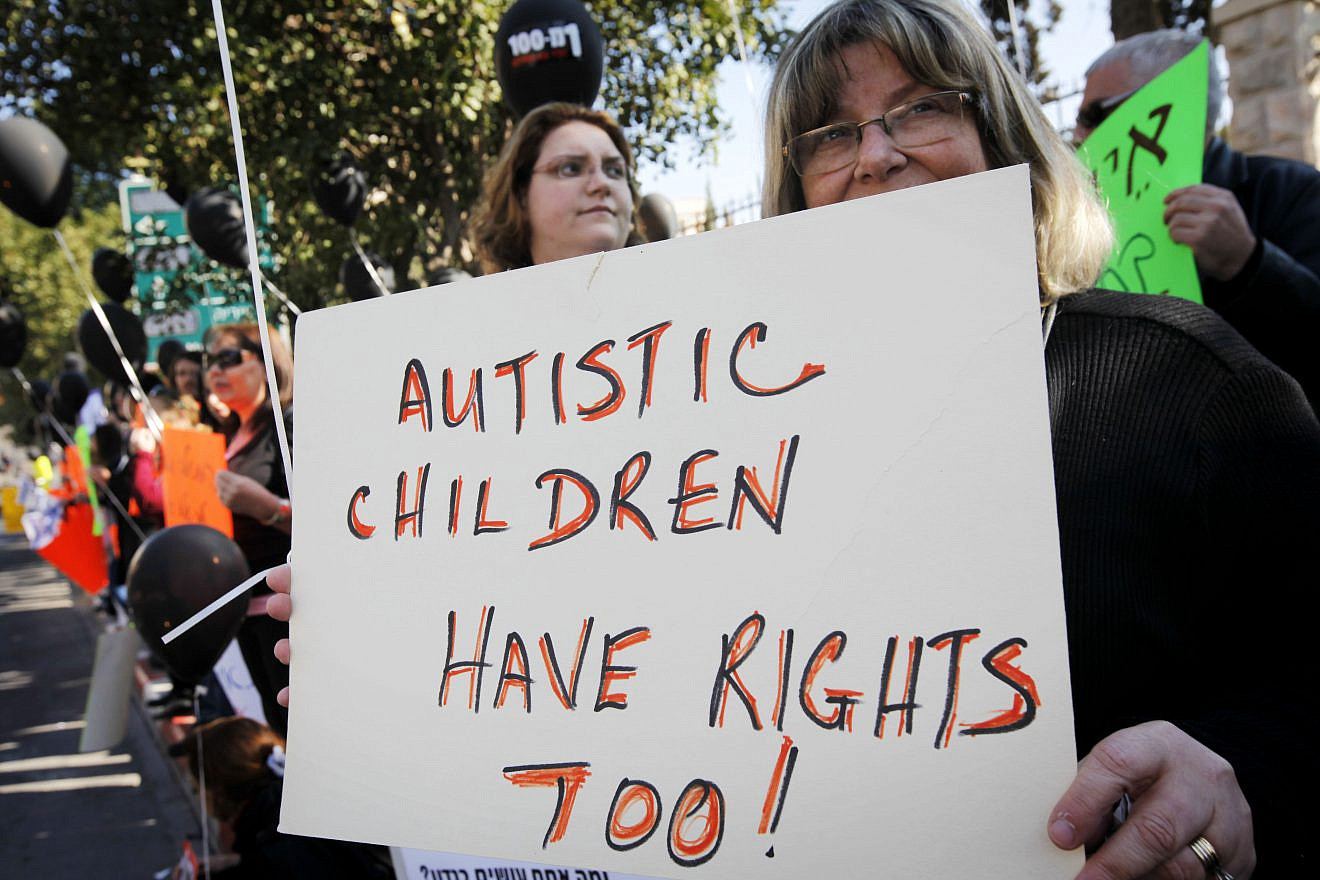A collaborative study conducted by a global team of microbiome experts has uncovered compelling evidence linking the gut microbiome to autism spectrum disorder.
The findings, which were published in the peer-reviewed journal Nature Neuroscience in June, identified consistent differences in the gut microbiome of people with autism across various cohorts worldwide, indicating that microbiome changes are a common characteristic associated with autism.
Moreover, the researchers discovered correlations between microbiome changes and immune factors, including the inflammatory marker IL-6, in people with autism. Pilot studies involving fecal microbiome treatment demonstrated the ability to impact the dysregulated microbial species found in autism.
An estimated 75 million people have autism spectrum disorder, or ASD. Many people on the autism spectrum have problems communicating and interacting with others and have restricted or repetitive behaviors or interests. People with ASD may also have different ways of learning, moving or paying attention.
Professor Evan Elliott of Bar-Ilan University in Ramat Gan, who played a key role in the research, said, “The correlation between microbiome alterations and immune system markers provides valuable insights into how the gut microbiome may influence the health of individuals diagnosed with autism.”
Elliott added that “the success of fecal microbiome treatment in modulating relevant microbial species represents a promising avenue for future therapeutic interventions.”
Chemicals released in the gut by the microbiome are known to influence the development of the brain, starting from birth. The study supports the idea that targeting the gut-brain axis—the biochemical signaling that takes place between the gastrointestinal tract and the central nervous system—could serve as a therapeutic approach for a specific subgroup of people with autism.
This personalized approach holds the potential to significantly improve outcomes and quality of life for individuals on the autism spectrum.
The research team plans to build upon their findings by conducting an in-depth analysis of metabolome and immune system characteristics in individuals from the Israel Autism Biobank and Registry. This Israeli-focused study aims to deepen the understanding of the intricate connection between the gut microbiome and its effects on host biology in autism.


























